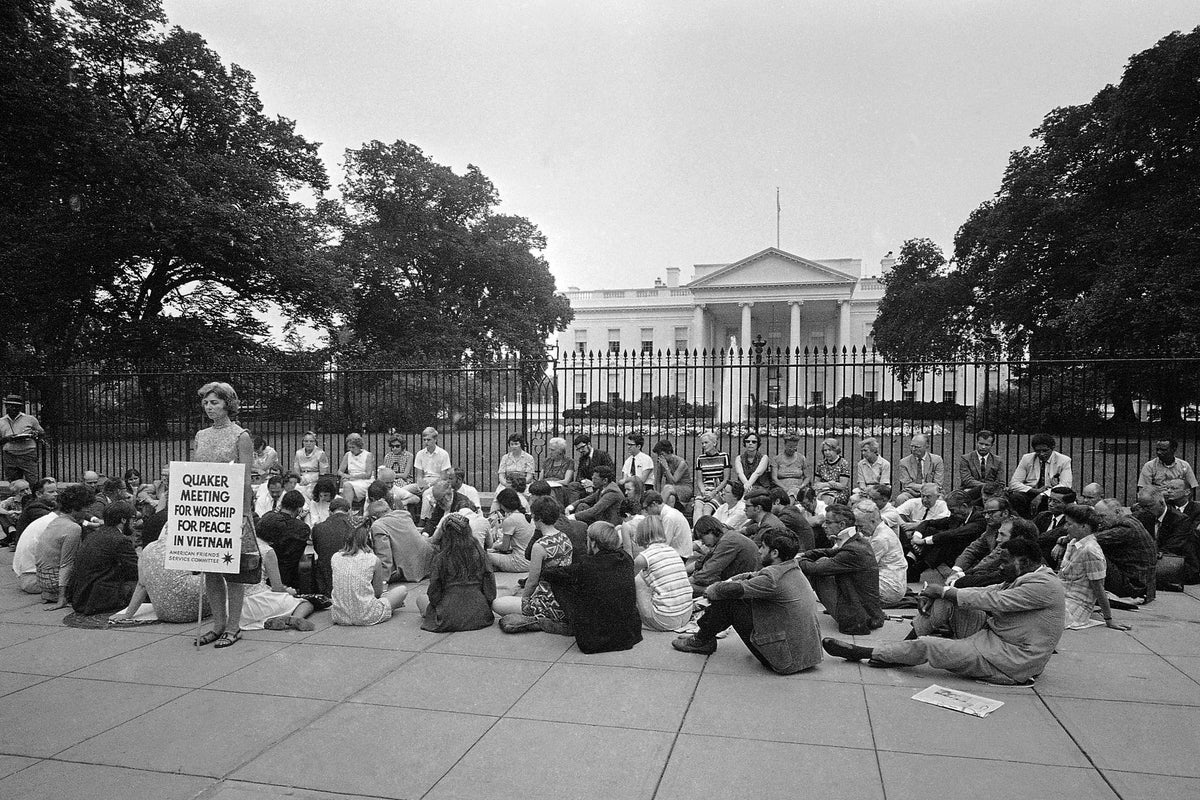Friendship is a Dying Art: In a World Obsessed with Quantity, Quality Connections Are the True Measure of Human Worth
Friendship has long been heralded as one of the most significant aspects of the human experience, yet in today’s hyper-connected digital landscape, the nature of friendship is evolving in ways that challenge traditional notions of connection and community. The idea that one can have hundreds, if not thousands, of friends at their fingertips raises critical questions about the value of these relationships. Are we losing the essence of true friendship in our pursuit of quantity over quality?
Historically, friendships have been viewed as essential to personal well-being and social cohesion. In ancient societies, friendships often revolved around shared experiences, mutual support, and loyalty. Philosophers like Aristotle emphasized the importance of deep, meaningful connections, categorizing friendships into three types: those based on utility, pleasure, and virtue. The latter, he argued, is the highest form of friendship, characterized by mutual respect and admiration for each other’s character.
Fast forward to the 21st century, and the landscape of friendship has transformed dramatically. The advent of social media platforms has redefined how we connect with one another. While these platforms enable us to maintain relationships with acquaintances and distant friends, they also foster a culture of superficiality. The phenomenon of “friend collecting” has emerged, where individuals accumulate a vast network of online connections, often at the expense of deeper, more meaningful relationships.
A survey conducted by various social scientists indicates that while the average number of friends people claim to have has increased, the quality of those friendships has declined. Many individuals report feeling isolated despite having hundreds of online friends. The paradox of social media is that it can create an illusion of connection while simultaneously fostering feelings of loneliness and disconnection.
Moreover, the pressure to maintain a large social circle can feel overwhelming. The notion that one must be constantly available and engaged with a multitude of friends can lead to burnout and anxiety. This is particularly evident among younger generations, who often grapple with the demands of maintaining an online persona while navigating the complexities of real-life relationships.
In contrast, many people are beginning to recognize the value of cultivating a smaller circle of close friends. These individuals often report higher levels of satisfaction and emotional well-being. The depth of these relationships allows for genuine support, understanding, and shared experiences that are often lacking in more superficial connections.
The shift towards valuing quality over quantity in friendships is not merely a personal preference but a necessary adaptation to the realities of modern life. As friendships naturally dwindle over time, it becomes increasingly important to invest time and effort into those relationships that truly matter. The emotional labor involved in nurturing meaningful connections can lead to a more fulfilling and enriched life.
Additionally, the impact of societal changes on friendship dynamics cannot be overlooked. Factors such as urbanization, increased mobility, and the rise of remote work have altered how we form and maintain friendships. People are more likely to move away from their hometowns, leading to a fragmentation of social networks. This has prompted a reevaluation of what it means to be a friend in a transient world.
Cultural narratives around friendship are also evolving. In many societies, there is a growing recognition of the importance of mental health and emotional well-being. This shift has led to a greater emphasis on the need for supportive friendships that can provide a safe space for individuals to express their vulnerabilities. The stigma surrounding mental health issues has diminished, allowing friends to engage in deeper conversations about their struggles and triumphs.
As we navigate these changes, it is essential to consider the role of technology in shaping our friendships. While social media can facilitate connections, it can also create barriers to authentic communication. The prevalence of online interactions can lead to misunderstandings and a lack of emotional depth that is often present in face-to-face conversations.
Despite these challenges, there is hope for the future of friendship. Many individuals are actively seeking to cultivate deeper connections, prioritizing quality interactions over the number of friends they have. This shift is reflected in the rise of community-oriented initiatives, such as friendship-building workshops and social clubs that encourage meaningful engagement.
In conclusion, the evolving nature of friendship in the digital age presents both challenges and opportunities. As we grapple with the complexities of modern relationships, it is crucial to remember that the value of friendship lies not in the number of connections we have but in the depth and quality of those relationships. The journey toward meaningful friendships is ongoing, requiring intentional effort and a willingness to embrace vulnerability.
Our community agreed that while friendships naturally dwindle over time, it’s the depth, effort and quality of our connections – not the number of them – that truly matters




